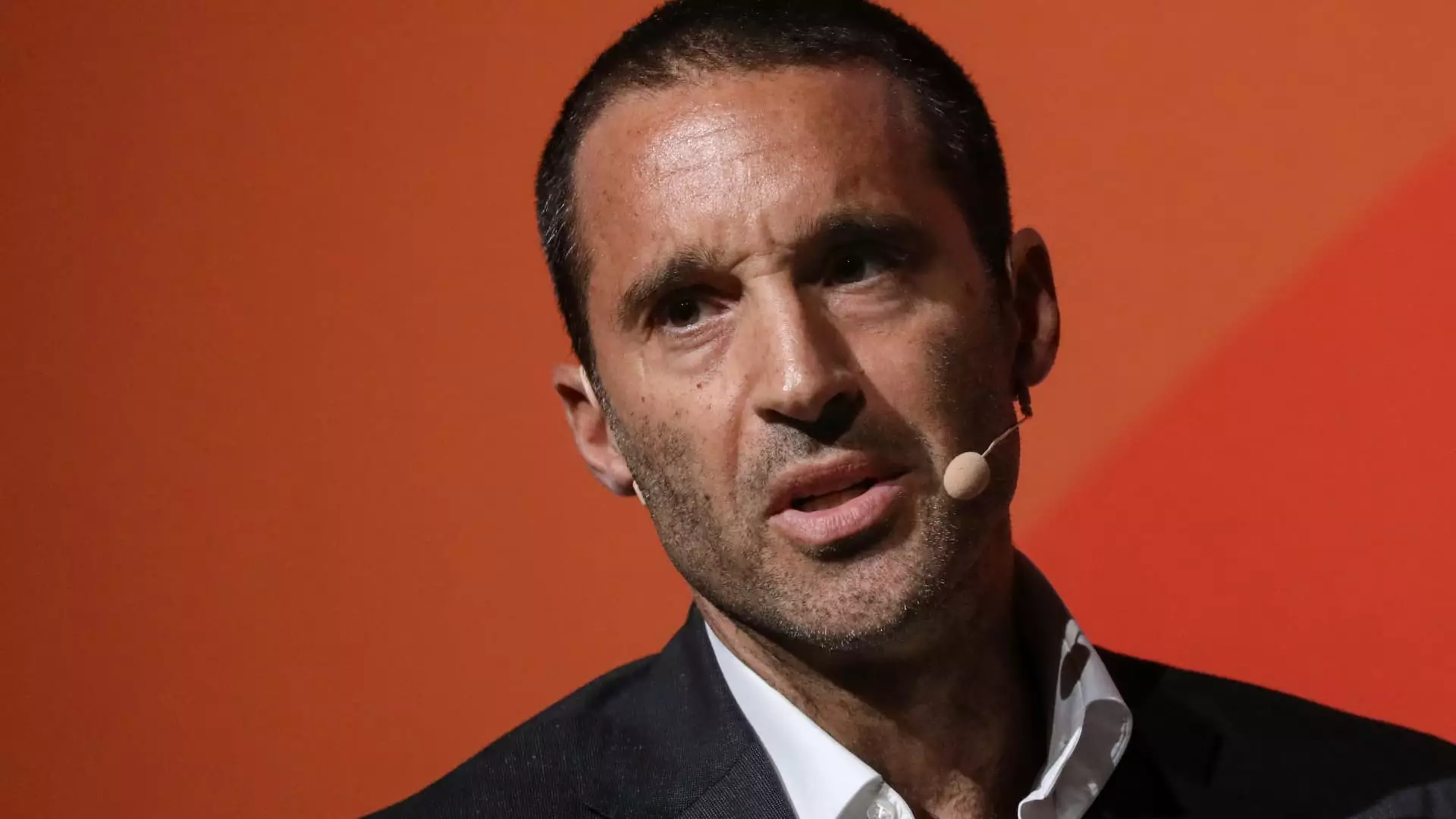D1 Capital, a notable player in the hedge fund industry, made strategic moves in the fourth quarter of the previous year, revealing a blend of caution and opportunism as the market landscape evolved. According to recent securities filings, the fund, managed by Daniel Sundheim, has cut ties with several high-profile investments while amassing stakes in companies that are showing promise at the outset of 2025. This article delves into these strategic decisions, exploring the implications for D1 Capital and the broader market.
The fund’s decision to exit positions in tech and finance giants like Bank of America and Microsoft signifies a pivotal shift in strategy. These companies have traditionally been considered blue-chip stocks, representing a stable foundation in an investor’s portfolio. By selling off such established positions, D1 Capital indicates a willingness to divert its resources toward sectors perceived to offer higher growth potential. It also reflects a response to the changing economic landscape and possible concerns over valuations in more mature industries.
Interestingly, the fund did not completely eliminate its exposure to all big tech. Instead, D1 reduced its stake in Amazon, suggesting a more nuanced approach. This could signify a reevaluation of growth forecasts for these corporations, particularly in light of the increased competition in e-commerce and cloud services, which may impact Amazon’s projected profitability.
On the flip side, D1 Capital’s acquisitions of fresh positions in companies such as 3M, AppLovin, and Elevance Health signal a pivot towards sectors that are gaining traction. The substantial investments in 3M and Elevance Health, both landing in the top ten equity holdings as of year-end, highlight the fund’s strategic focus on companies that align with emerging trends in health and material sciences.
AppLovin, a tech company specializing in mobile advertising, has seen its shares surge by 57% since the start of the year, indicating that D1 may have timed its entry well, anticipating a robust performance driven by digital advertising recovery. Additionally, a new position in Vistra Corp., involving utility stocks amid a rising interest in artificial intelligence-driven energy solutions, shows a proactive approach to capitalizing on technological advancements in energy.
Maintaining Core Strengths amid Transitions
Throughout these changes, D1 Capital has maintained a significant stake in Instacart, valued at over $900 million, reaffirming its commitment to companies that dominate their respective markets. This prioritization of Instacart signals confidence in the grocery delivery platform’s growth potential, particularly as consumer behavior continues to shift post-pandemic.
Sundheim’s strategic choices, including the exit from Starbucks and Carnival Corp., reflect a desire to streamline holdings to focus on higher-growth potentials, while retaining a meaningful position in the cruise industry with Royal Caribbean. This balance illustrates the complexities of portfolio management in an unpredictable market environment.
D1 Capital’s fourth-quarter report presents a compelling narrative of careful recalibration. As Daniel Sundheim navigates his hedge fund through evolving market conditions, the emphasis on both divestment from traditional powerhouses and investment in growth-centric firms reveals a tactical sophistication. This shift not only reflects an adaptation to current economic realities but also positions D1 Capital for potential outperformance in a year that promises to be full of uncertainty and opportunity. As the first quarter unfolds, the implications of these strategic moves will be closely watched by investors and market analysts alike.


Leave a Reply